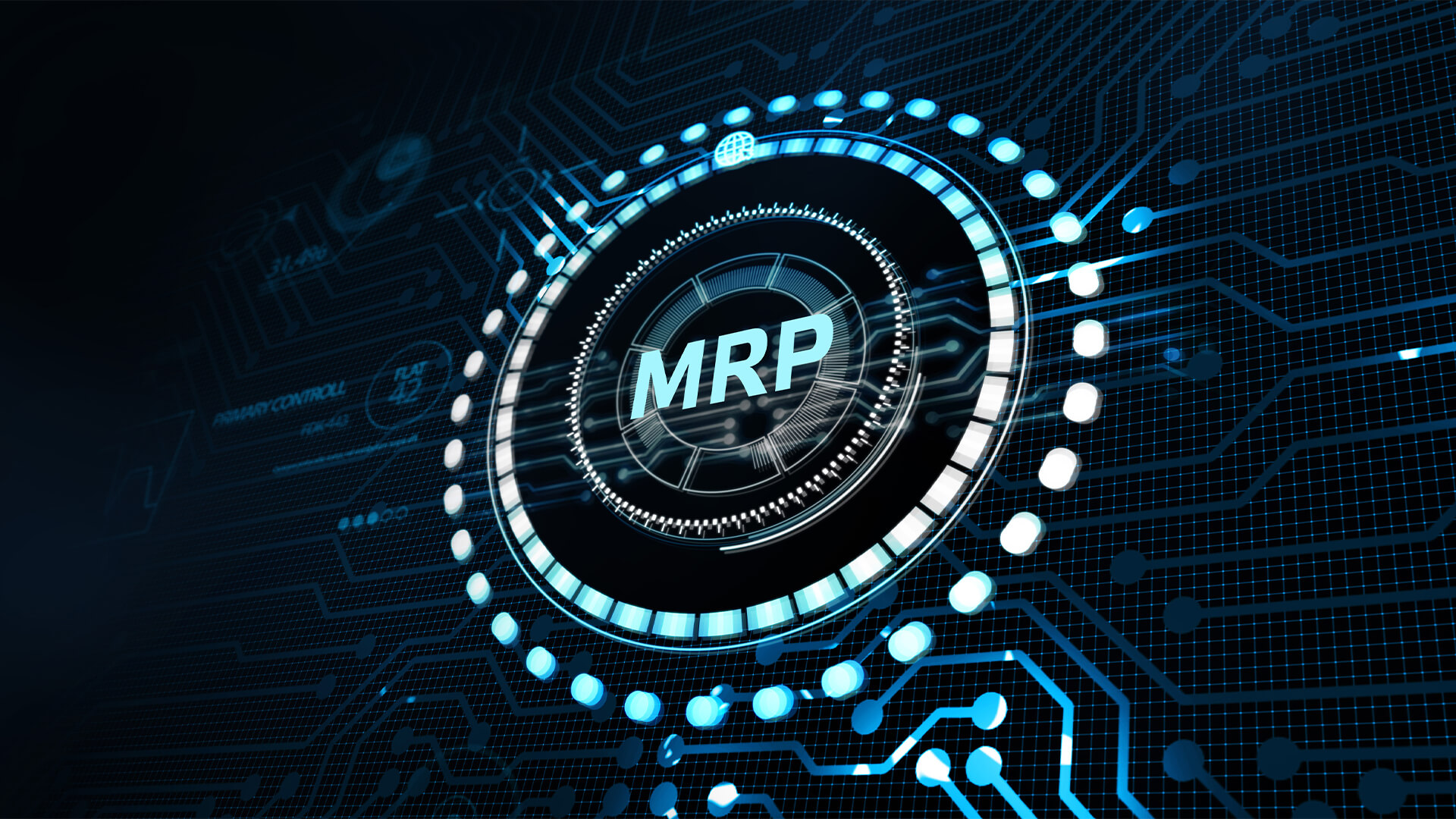Material requirement planning, commonly referred to as MRP, is a system designed to boost productivity in the workplace. It is also considered interchangeable with the term Manufacturing Resource Planning, which serves a similar, if not the same purpose. This system has been used for nearly 30 years by various manufacturers in various industries. Today, computerization has led to the elevation of MRP and has become an even more vital tool in the manufacturing process. Here are a few ways that MRP can be used to positively affect the productivity of an industry.
Inventory Control
Effective management of inventory is vitally important for manufacturing efficiency. MRP systems are designed to work with data that is gathered from your production schedule and from there it is able to determine exactly what is needed in terms of quantity and cost of inventory to meet the demand of your clientele. MRP is not a one size fits all solution. So if you are in the engineering industry, it is important that you use MRP software suitable for engineering industry. The correct system is able to optimize your inventory costs within a production period.
Purchase Planning
A smooth production process can only exist when you know what is available, and what and when to buy things. The system is a smart system that tracks production and checks the production schedule and expected deliveries and cross-checks any needed purchases. The system is able to contact suppliers automatically.
Production Planning
The system is able to identify potential bottlenecks in the production line caused by a lack of material. Upon identifying this, the system is then able to reroute production or make a recommended reroute so that production can continue with another product. You can also use MRP to focus on a particular production stage. MRPs can help you plan a production line even when there are constraints on the available materials.
It Saves You Time
MRP systems are fully automated. It requires very little human intervention which saves a lot of time that would have otherwise been spent trying to work out inventory, purchases, and spent on production management. These systems eliminate the element of human error and are able to manage and store production data, eliminating the need for entire departments, saving the company money.
Data Management and Documentation
The manufacturing process consists of the generation, analysis, and presentation of large amounts of data. MRP systems help manufacturers handle and process this information. MRPs record and document purchase data, deliveries, inventory, and cash flow data into receipts, reports, invoices, lists, and other presentation formats.
Economic Purchasing
MRP systems take the quantity and cost of materials needed into account when coming up with the most economically viable purchase to satisfy demand. It takes into account the cost of shipping and storage, as well as carrying.
The manufacturing process requires careful planning, as this ensures you have what you need when you need it. MRP affects the productivity of industry in many different ways but truly helps the institution run smoothly and very efficiently.































